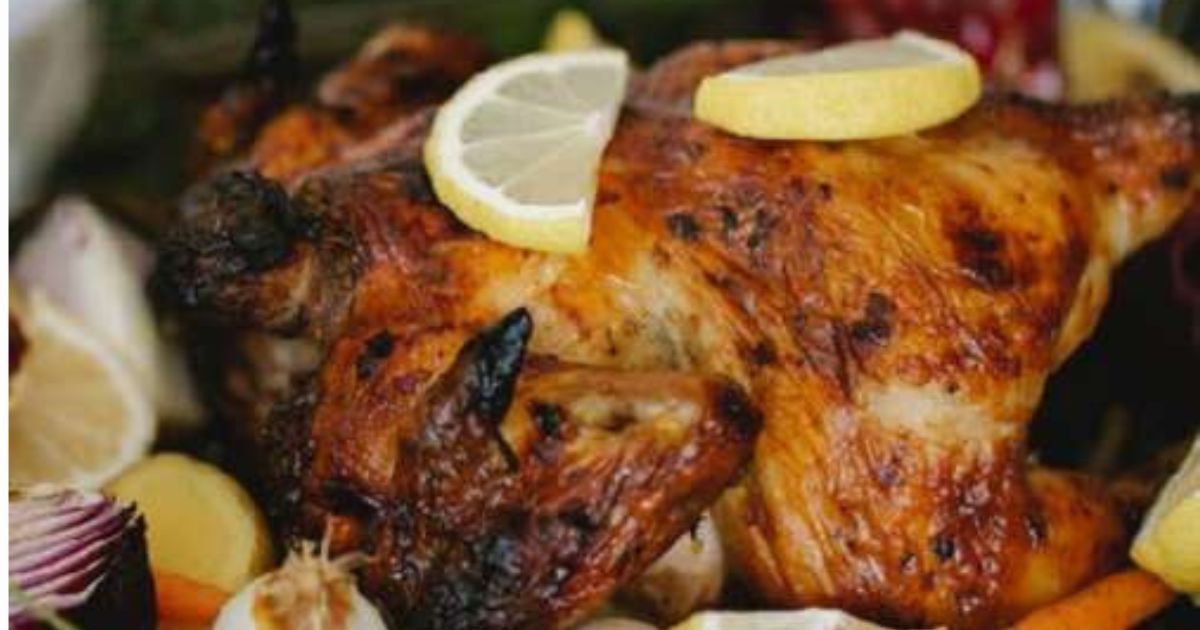As the holiday season approaches, the allure of indulgent foods poses a challenge for those committed to a fitness journey. With holiday foods often laden with calories, sugars, and fats, the struggle to maintain a healthy balance becomes more pronounced.
Workout developer Mesha-Gaye Wright sheds light on the worst holiday foods for fitness enthusiasts, emphasizing the importance of moderation and mindful eating practices.
Holiday foods, synonymous with festive cheer, can disrupt the fitness journey that many have diligently pursued over the months.
High-calorie beverages, fried appetizers, sugary desserts, creamy dips, processed meats, excessive alcohol consumption, large portions, and holiday lattes emerge as the prime culprits contributing to potential weight gain during this season of celebration.
Insights from Mesha-Gaye Wright On Holiday Foods
Mesha-Gaye Wright, a seasoned workout developer, underscores the impact of these holiday foods on fitness goals. She emphasizes the need for moderation and encourages individuals to incorporate healthier alternatives to strike a balance between enjoying the holiday festivities and adhering to fitness objectives.
High-Calorie Beverages:
Sugary cocktails, creamy eggnogs, and other festive drinks often hide a significant load of calories. Wright recommends opting for water or lighter alternatives to manage calorie intake while still partaking in the celebratory spirit.
Fried Appetizers and Unhealthy Fats:
Fried foods, particularly deep-fried appetizers or those laden with cream and sugar, pose a challenge for fitness enthusiasts. These high-calorie and unhealthy fat-laden options can derail progress, prompting Wright to advise individuals to choose lighter alternatives.
Sugar and Fat-Laden Desserts:
Traditional Christmas desserts, such as cakes, pies, puddings, and cookies, are known for their richness in sugars and fats. Wright cautions against excessive indulgence in these tempting treats, suggesting moderation and exploring healthier dessert options.
Calorie-Dense Dips and Sauces:
Creamy dips and sauces made with ingredients like cream, cheese, or mayonnaise can be calorie-dense. Wright recommends opting for lighter options like yoghurt-based dips to balance flavor without compromising on health.
Processed Meats and Alcoholic Beverages:
High-fat processed meats, including sausages, bacon, and fatty cuts of ham, contribute additional calories that can hinder fitness progress. Wright advises choosing lean protein sources.
Excessive alcohol consumption, a common feature of holiday celebrations, also poses a risk with its empty calories. Opting for lower-calorie alternatives like light beer or wine becomes a prudent choice.
Portion Control and Mindful Eating:
Wright stresses the importance of being mindful of portion sizes, especially during holiday feasts. Overeating, even with healthier food options, can lead to unintended weight gain. By adopting mindful eating practices, individuals can savor the festive flavors without compromising their fitness goals.
Calorie-Loaded Coffee Drinks:
Festive coffee beverages, adorned with syrups, whipped cream, and flavored toppings, can pack a calorie punch. Wright recommends choosing simpler, lower-calorie coffee drinks to enjoy the holiday spirit without an excess intake of empty calories.
As the holiday season unfolds, the intersection of festive delights and fitness goals becomes a central theme. Mesha-Gaye Wright’s insights underscore the need for moderation, healthier alternatives, and mindful eating practices.
Navigating the array of tempting holiday foods requires a balanced approach that allows individuals to partake in the joys of the season while staying true to their fitness journey. The key lies in making informed choices that align with personal health and wellness objectives.








Leave a Reply
You must be logged in to post a comment.